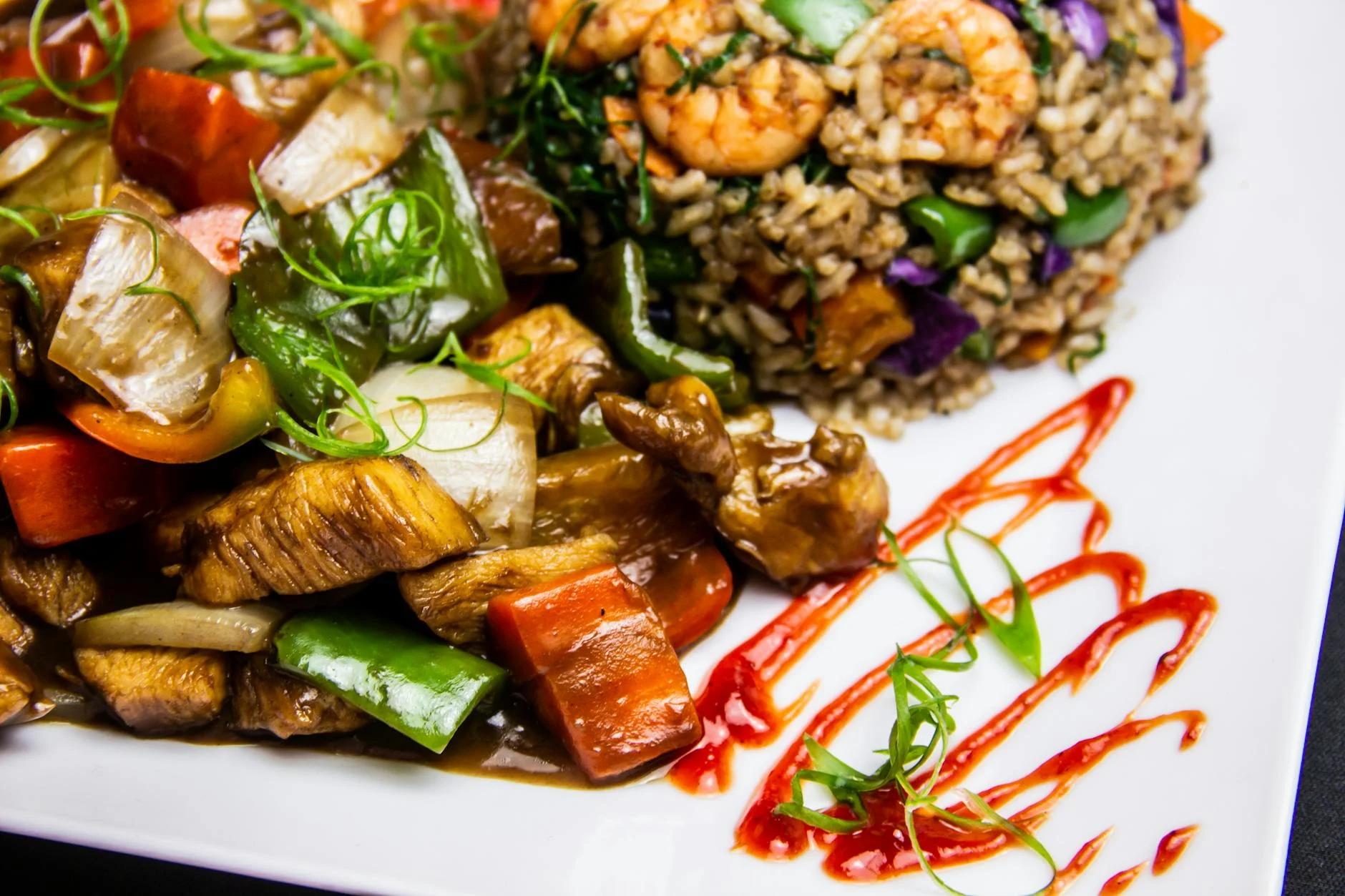Once regarded as an ascetic practice confined to the serene halls of Japanese temples, shojin ryori—a cuisine composed exclusively of plant-based ingredients such as vegetables, grains, legumes, and seaweed—is now experiencing a renaissance on the global stage. This renewed interest is deeply rooted in the rising global consciousness around the concept of wellness.
Wellness extends far beyond the prevention of illness or basic physical care. It encompasses a holistic sense of health that includes mental balance, lifestyle choices, dietary habits, and spiritual fulfillment. As more individuals seek sustainable and mindful ways of living—ones that are gentle on the body, harmonious with the Earth, and emotionally nourishing—shojin ryori emerges as a culinary tradition that perfectly embodies these ideals. Its message transcends borders, resonating deeply with those who value intentional living.
The origins of shojin ryori are deeply entwined with Buddhist precepts, particularly those advocating non-violence, the avoidance of pungent ingredients like garlic and leeks, and the principle of minimizing waste. In place of meat or strong flavors, the cuisine employs sophisticated techniques to enhance the inherent character of each ingredient. Dashi made from kombu seaweed or dried shiitake mushrooms imparts a subtle yet profound umami, crafting a balanced sensory experience that is both humble and deeply satisfying.

The understated philosophy of “elegance in restraint” and “art of moderation” echoes a growing global movement toward mindful consumption. In contrast to modern dietary patterns characterized by excessive sugars, fats, and highly processed foods, shojin ryori embodies the principle of “knowing sufficiency.” Despite the absence of animal-based proteins, shojin ryori offers thoughtfully curated nutritional balance through tofu, yuba (soy milk skin), and koya dofu (freeze-dried tofu). Flavor is drawn not from excess but from intention—highlighting natural umami through expertly crafted broths and fermented seasonings. The aesthetic presentation of each dish, refined yet simple, enhances not only visual appeal but also the overall dining experience, underscoring the notion that wellness and satisfaction need not be mutually exclusive.
Beyond its nutritional and sensory attributes, shojin ryori honors the act of preparation as a meditative practice. Selecting seasonal produce, minimizing waste by using peels and roots, applying meticulous care to preparation, and using seasoning sparingly to allow ingredients to shine—all of these steps elevate cooking into a form of living practice. This intentionality aligns seamlessly with the modern theme of mindfulness, turning everyday rituals into opportunities for inner dialogue and spiritual presence.
In shojin ryori, the presentation and choice of tableware embody a profound sense of aesthetic refinement and spiritual intention. Each plate is composed with deliberate space—leaving room for reflection, evoking the essence of the seasons, and accentuating the inherent beauty of ingredients through color, form, and arrangement. Delicate garnishes such as blossoms and leaves are often used, transforming the meal into a tactile connection with nature. For urban dwellers, this experience offers a rare and restorative pause.
Ingredient selection is equally purposeful and aligned with sustainability. By emphasizing locally sourced, seasonal produce, shojin ryori minimizes the energy demands of preservation and transport. The omission of animal products significantly reduces environmental impact, particularly that associated with industrial livestock farming. In this way, the cuisine itself becomes a living expression of ecological mindfulness—embodying a culinary philosophy that is as forward-thinking as it is timeless.
Today, chefs who recognize the value of shojin ryori are taking its message beyond Japan. On the global stage, it is being embraced not only by vegans and vegetarians, but also by those whose dietary choices are guided by spiritual or ethical considerations. Shojin ryori stands as a compelling model for inclusive, sustainable gastronomy—one that resonates with a growing international audience seeking meaning through mindful consumption.

A defining characteristic of shojin ryori lies not in for whom the meal is prepared, but in how it is prepared. The essence of this cuisine transcends hospitality; it is an introspective practice where the cook expresses gratitude to the ingredients, communes with nature, and nurtures personal clarity. This posture of preparation—resembling a quiet form of prayer—imbues each dish with a serene energy that subtly reaches the one who partakes in it.
The dining table becomes a sacred space, where food serves as a medium connecting the individual to the wider world. Shojin ryori offers a profound model for nourishment that is gentle on the body, calming to the spirit, and aligned with the natural environment. It reminds us that one need not rely on rare ingredients or lavish equipment; when the meal is prepared with intention and care, even the simplest components become part of an elevated and mindful culinary expression.
Today, the world stands at a crossroads of choice—seeking pathways to live more healthfully, more sustainably, and with greater inner richness. Amid these possibilities, shojin ryori, a quietly enduring culinary tradition passed down through generations in Japan, offers a profound and timely response.
More than a form of cuisine, shojin ryori is a philosophy of living—a reconnection between life and nature, body and spirit. It resonates deeply with the global wellness movement.




